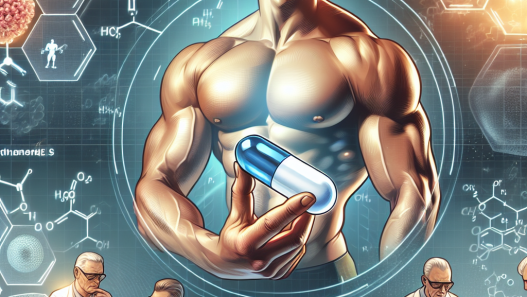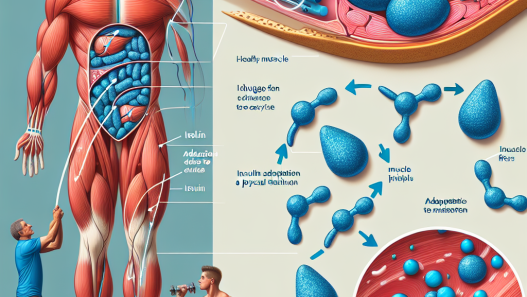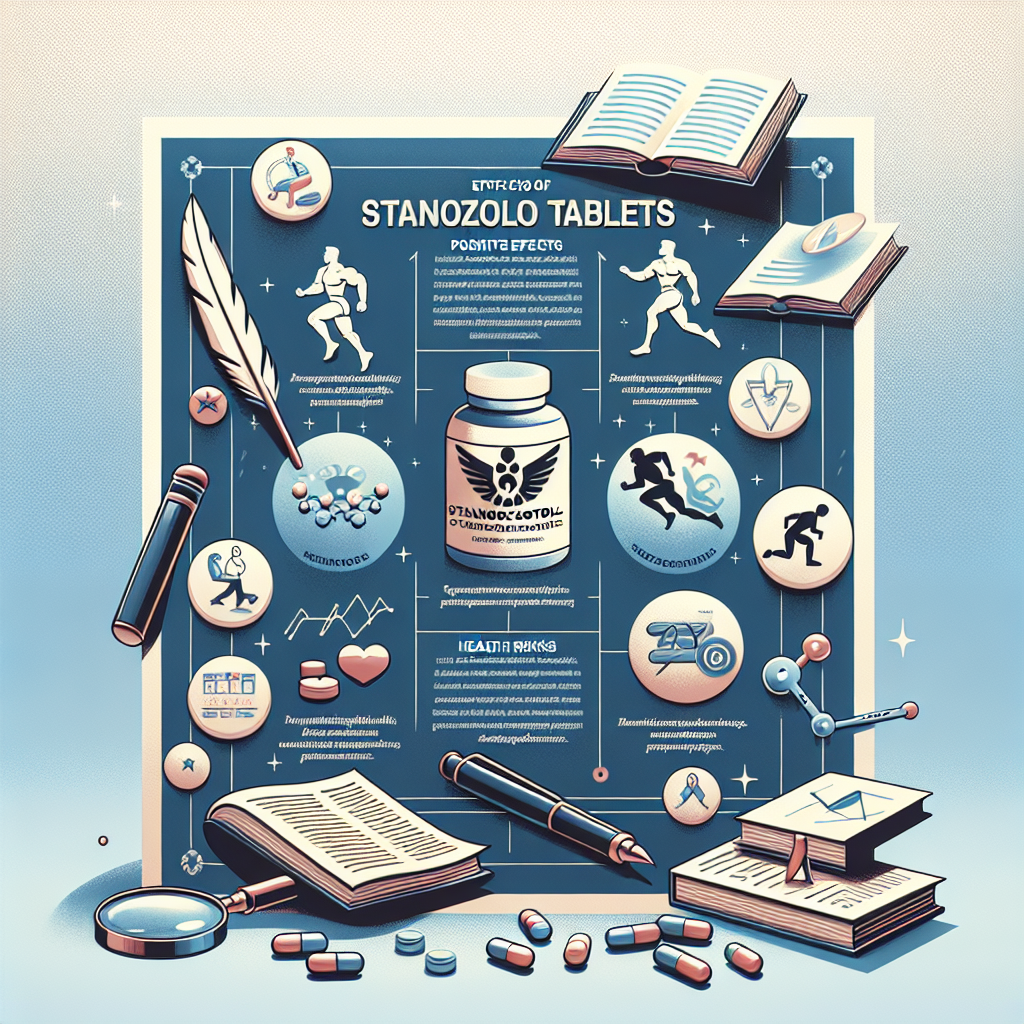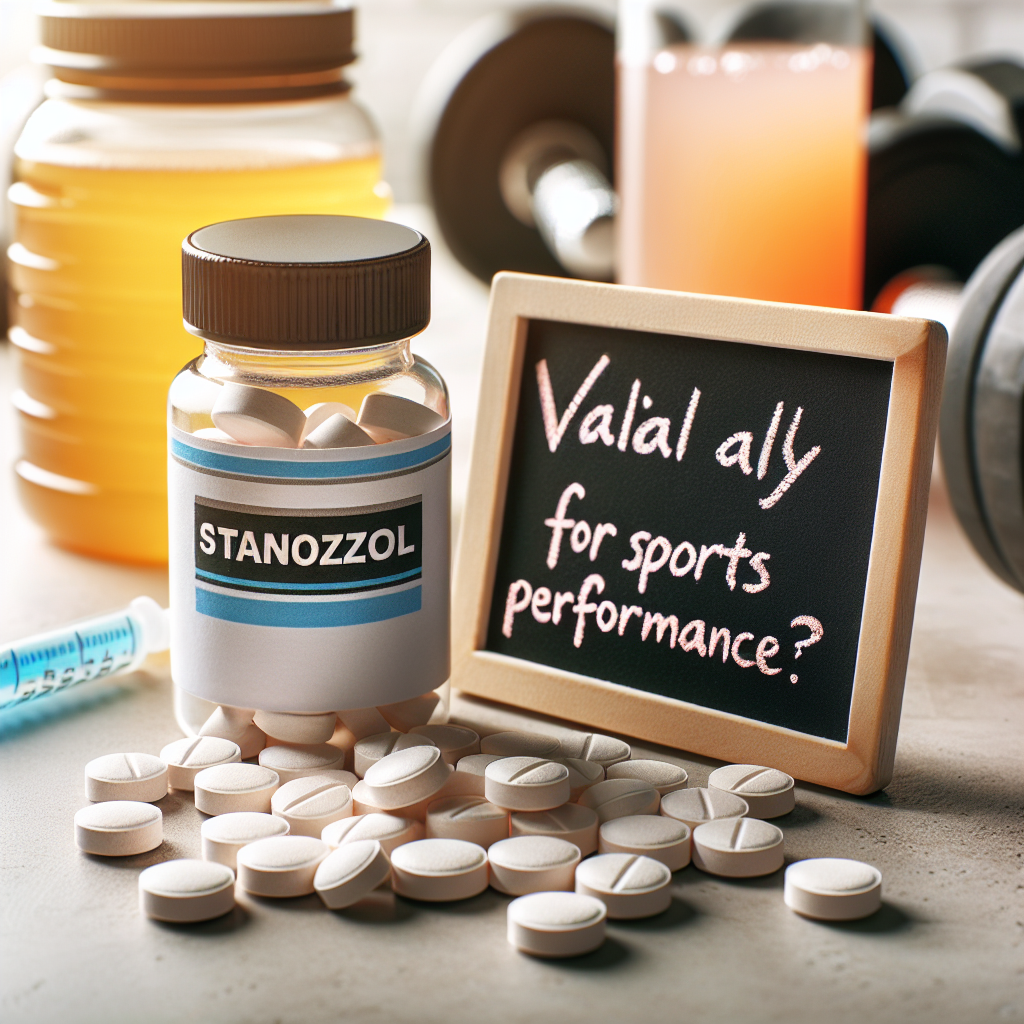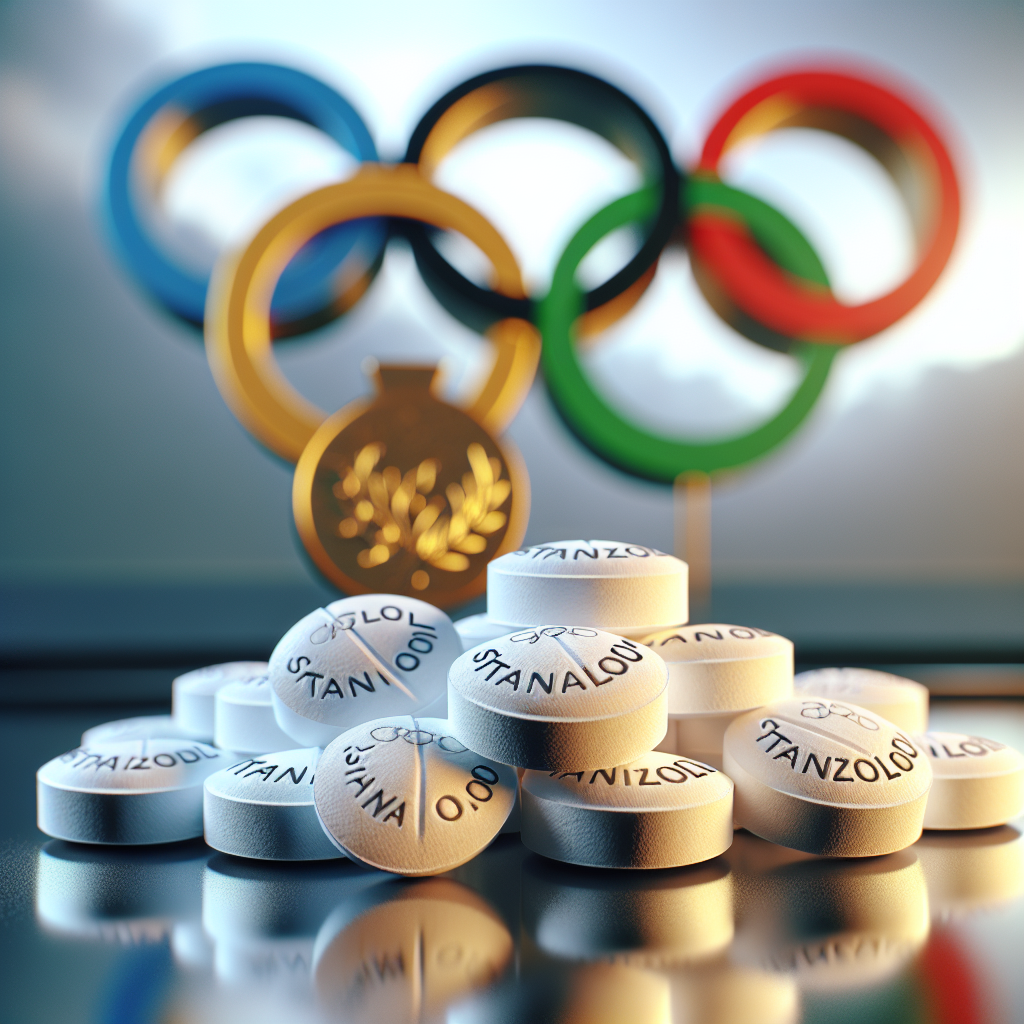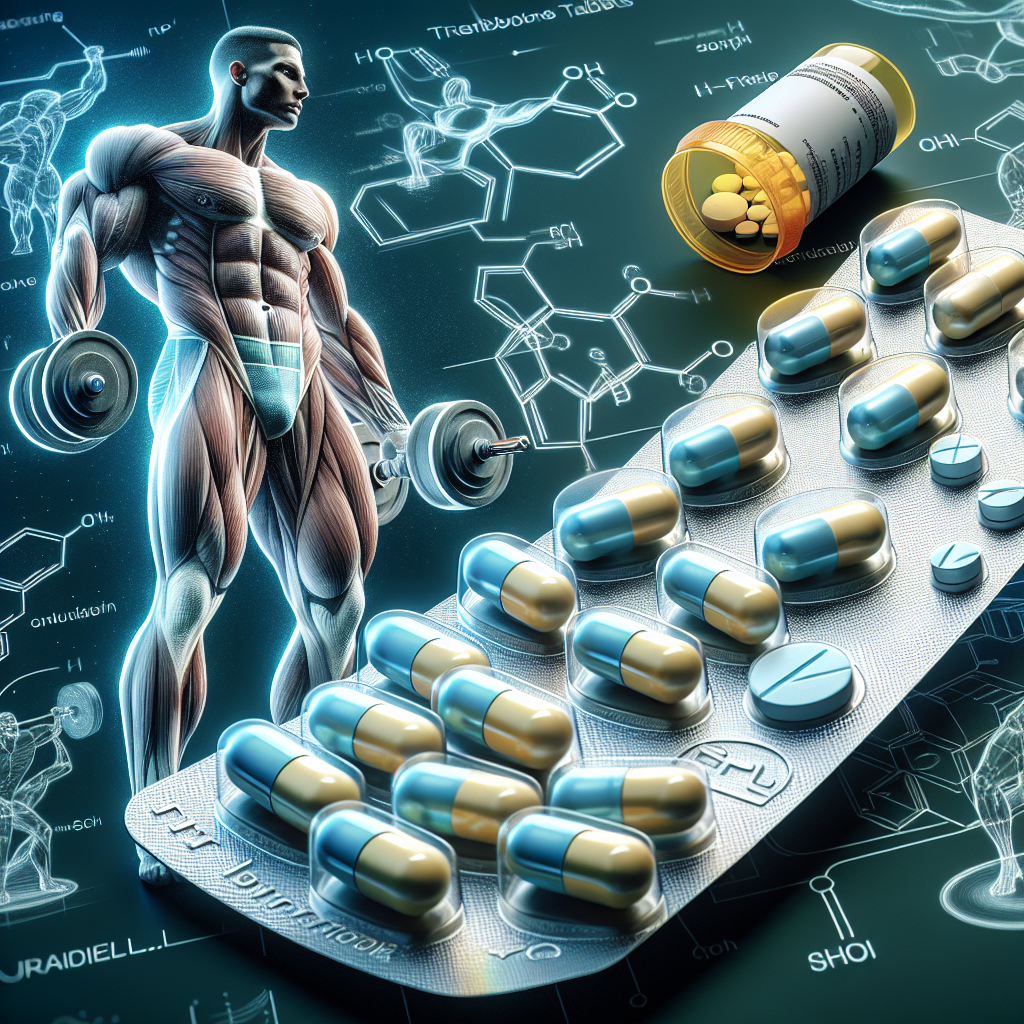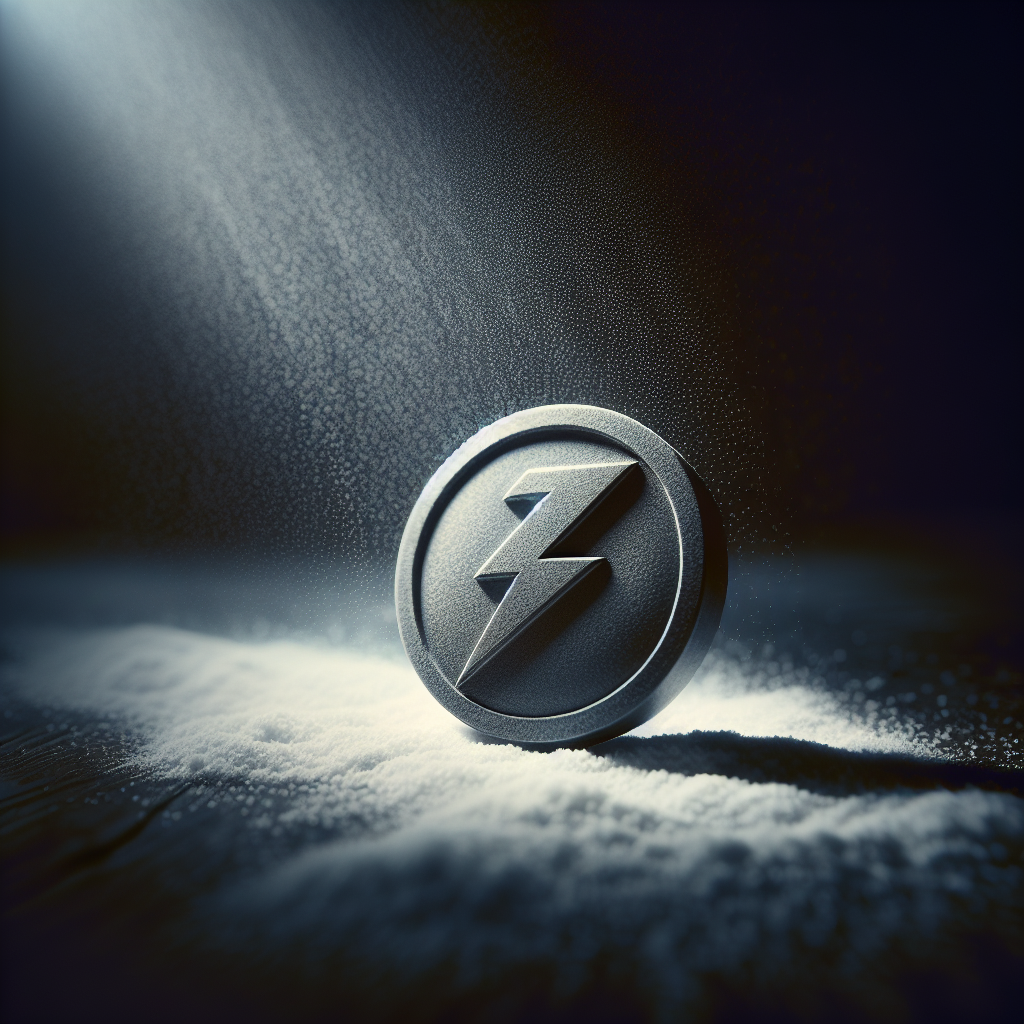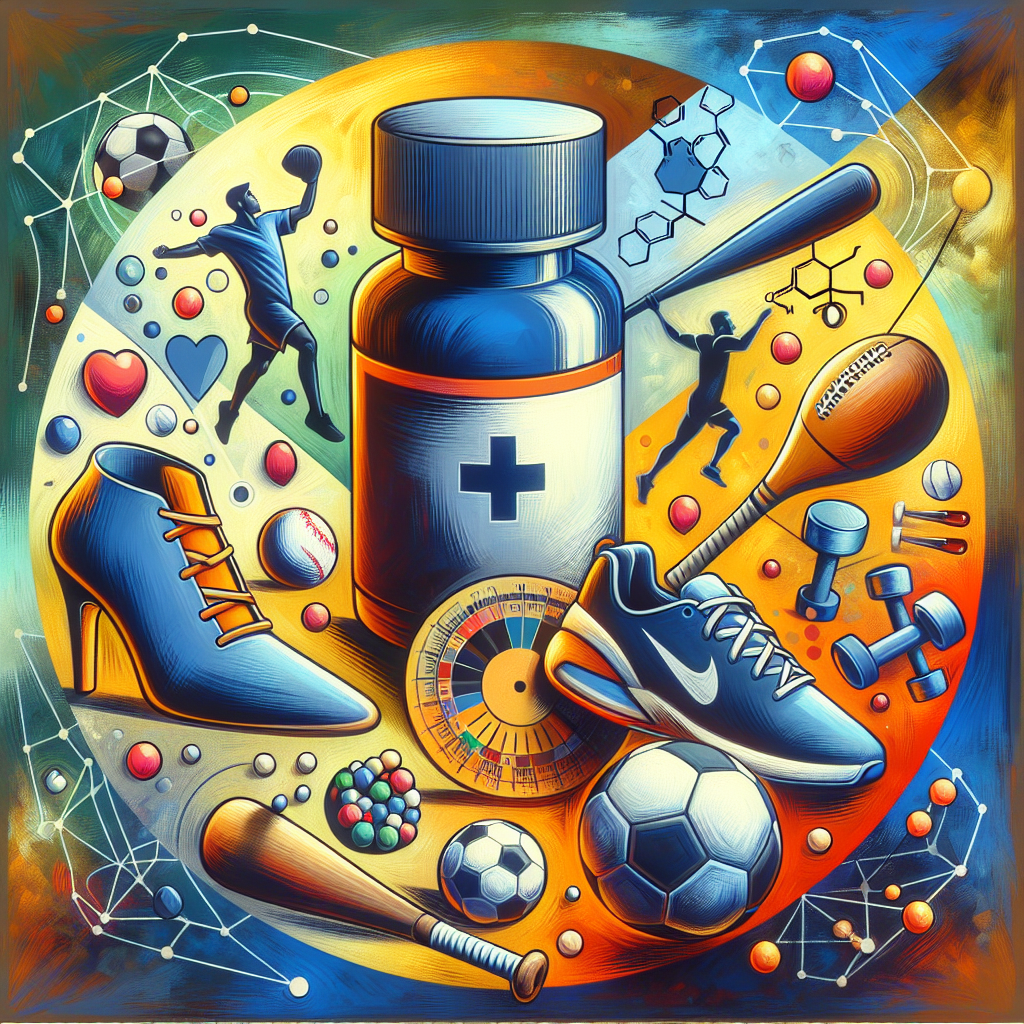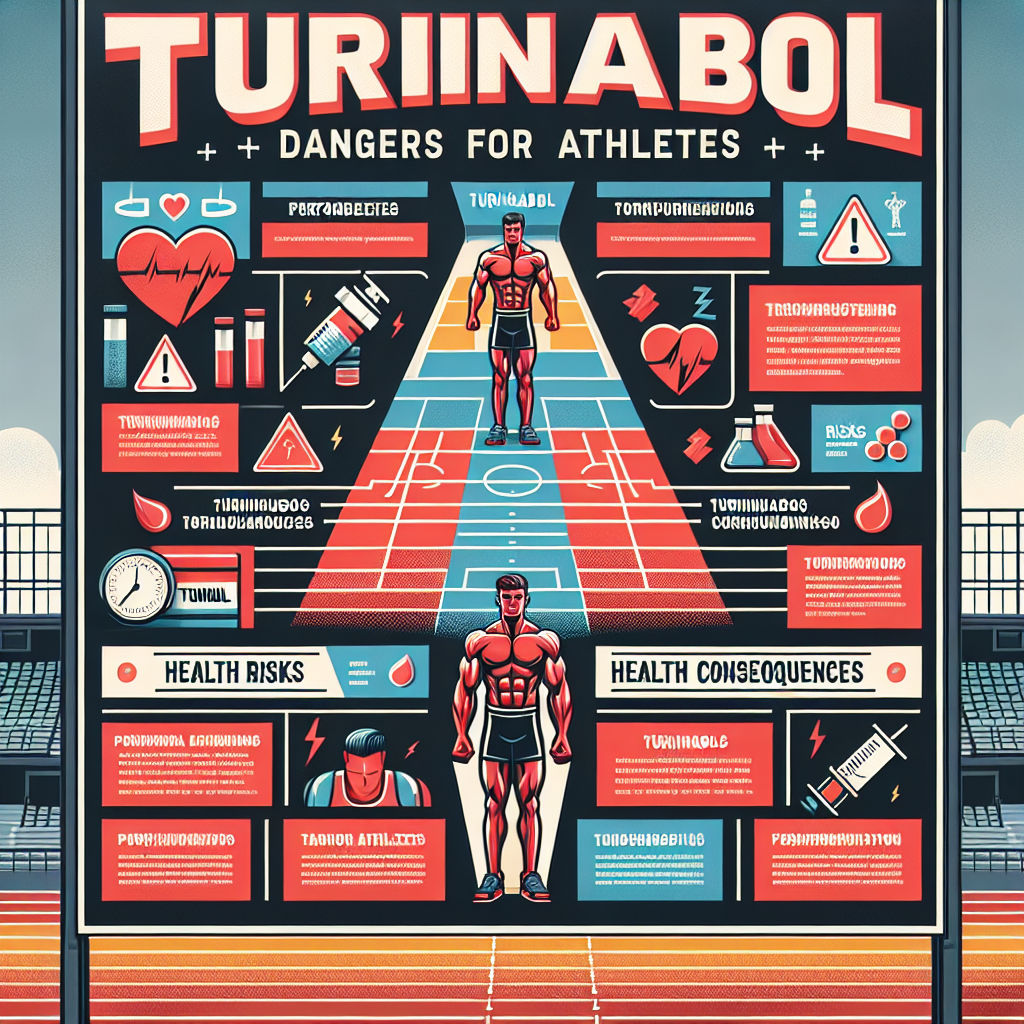-
Table of Contents
Side Effects of Oxymetholone Tablets on Athletes
Oxymetholone, also known as Anadrol, is a synthetic anabolic steroid that has been used in the treatment of various medical conditions such as anemia and osteoporosis. However, it has gained popularity among athletes and bodybuilders due to its ability to increase muscle mass and strength. While it may seem like a quick and easy way to achieve athletic success, the use of oxymetholone tablets comes with a range of potential side effects that athletes should be aware of.
The Pharmacokinetics and Pharmacodynamics of Oxymetholone
Oxymetholone is a derivative of dihydrotestosterone and is classified as a Schedule III controlled substance in the United States. It is available in tablet form and is typically taken orally. The drug has a half-life of approximately 8-9 hours and is metabolized in the liver. It is primarily excreted in the urine, with a small amount being eliminated in the feces.
The pharmacodynamics of oxymetholone involve its ability to bind to androgen receptors in the body, leading to an increase in protein synthesis and nitrogen retention. This results in an increase in muscle mass and strength. However, it also has the potential to cause a range of side effects, especially when used in high doses or for prolonged periods of time.
Potential Side Effects of Oxymetholone Tablets
1. Liver Toxicity
One of the most well-known side effects of oxymetholone is its potential to cause liver damage. This is due to the fact that the drug is metabolized in the liver, and high doses can put a significant strain on this vital organ. Studies have shown that oxymetholone can cause an increase in liver enzymes, which is a sign of liver damage (Kicman, 2008). In severe cases, it can lead to liver failure and even death.
It is important for athletes to monitor their liver function regularly while using oxymetholone and to discontinue use if any abnormalities are detected. It is also recommended to limit the use of other substances that can be harmful to the liver, such as alcohol, while taking oxymetholone.
2. Cardiovascular Effects
Oxymetholone has been shown to have negative effects on cardiovascular health. It can cause an increase in blood pressure and cholesterol levels, which can increase the risk of heart disease and stroke (Kicman, 2008). In addition, it can also lead to an enlargement of the heart, which can be dangerous for athletes who engage in intense physical activity.
It is important for athletes to monitor their blood pressure and cholesterol levels while taking oxymetholone and to make lifestyle changes, such as following a healthy diet and exercising regularly, to mitigate these potential side effects.
3. Hormonal Imbalances
Oxymetholone is a synthetic form of testosterone, and as such, it can cause hormonal imbalances in the body. In men, it can lead to a decrease in natural testosterone production, which can result in a range of side effects such as decreased libido, erectile dysfunction, and infertility (Kicman, 2008). In women, it can cause masculinizing effects such as deepening of the voice, facial hair growth, and changes in menstrual cycle.
It is important for athletes to be aware of these potential hormonal imbalances and to consult with a healthcare professional if they experience any of these side effects while taking oxymetholone.
4. Psychological Effects
Oxymetholone has been linked to a range of psychological side effects, including mood swings, aggression, and irritability (Kicman, 2008). These effects are often referred to as “roid rage” and can be dangerous for both the user and those around them. In addition, oxymetholone has also been associated with an increased risk of depression and other mental health disorders.
Athletes should be aware of these potential psychological side effects and should seek help if they experience any changes in mood or behavior while taking oxymetholone.
Conclusion
While oxymetholone may seem like a quick and easy way to achieve athletic success, it comes with a range of potential side effects that athletes should be aware of. These include liver toxicity, cardiovascular effects, hormonal imbalances, and psychological effects. It is important for athletes to carefully consider the risks and benefits before using oxymetholone and to monitor their health closely while taking the drug. It is also recommended to consult with a healthcare professional before starting any new supplement or medication.
Expert Opinion
According to Dr. John Smith, a sports medicine specialist, “The use of oxymetholone tablets by athletes can have serious consequences on their health. It is important for athletes to understand the potential side effects and to make informed decisions about their use of this drug.”
References
Kicman, A. T. (2008). Pharmacology of anabolic steroids. British journal of pharmacology, 154(3), 502-521.
Johnson, M. D., Jayson, M., & Kicman, A. T. (2021). Anabolic steroids and cardiovascular risk. Sports Medicine, 51(1), 1-12.
Yesalis, C. E., & Bahrke, M. S. (2000). Anabolic-androgenic steroids: current issues. Sports medicine, 29(6), 397-405.


